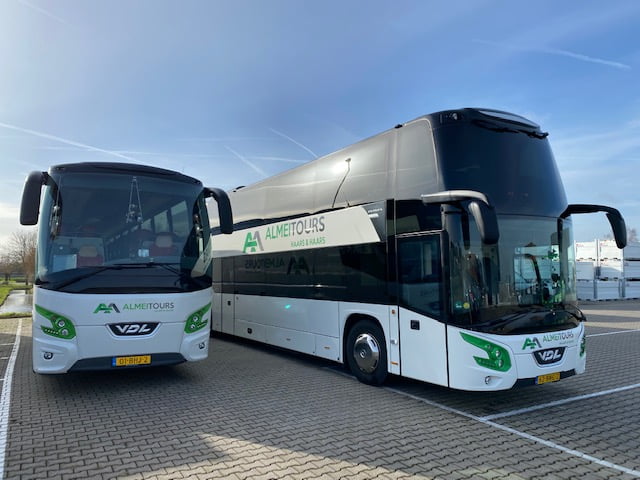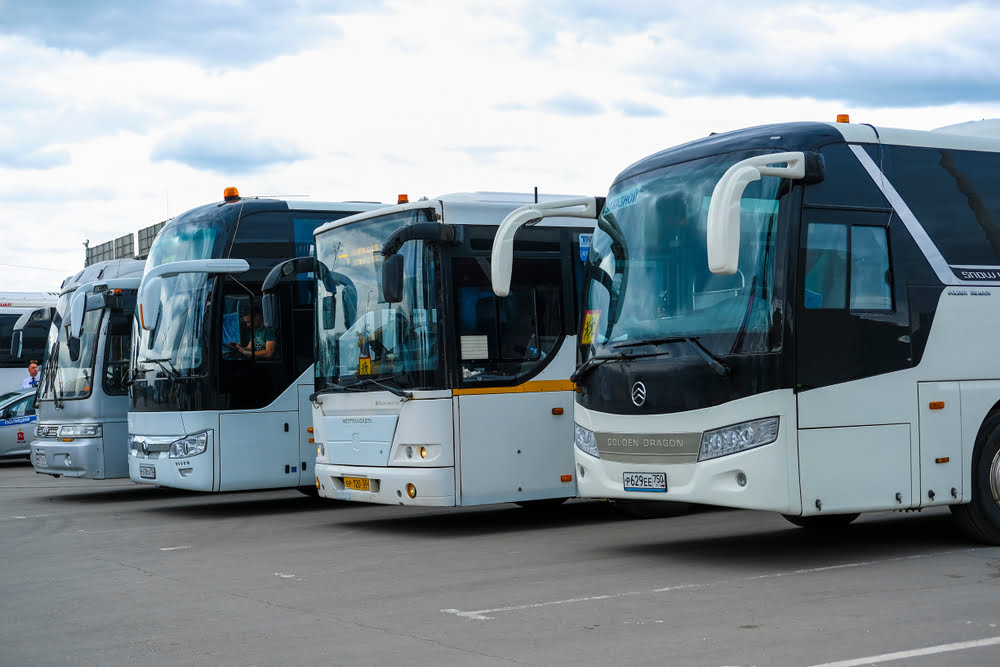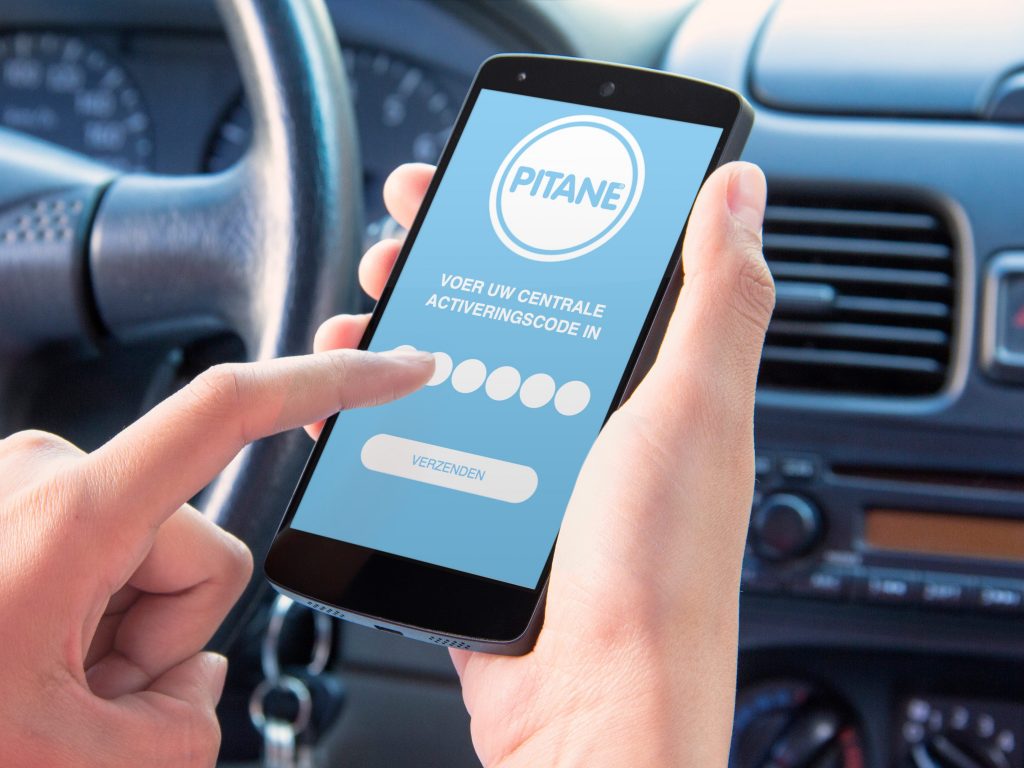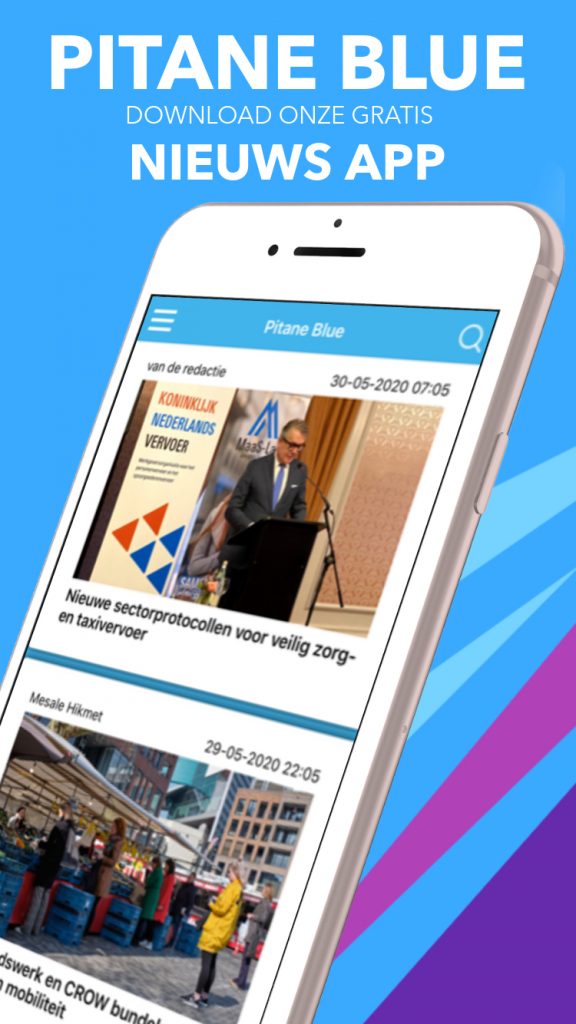Both the aviation sector and the coach sector have established protocols to ensure that risks for personnel and passengers in this corona era are minimized. We ask ourselves why the regulation is not binding in both sectors. You can fly with the companies supported by state aid today, but coach companies must take action to prevent their sector from falling massively under the financial burden.
safety processes
Flying is possible according to research. Ministers Van Nieuwenhuizen (Infrastructure and Water Management) and De Jonge (Public Health, Welfare and Sport) have the House of Representatives on this Friday informed. In the Netherlands, hygiene rules apply and we keep a distance of 1,5 meters. These rules also apply at airports. However, the aviation sector is characterized by very intensive (internationally regulated) safety processes, which is why the standard of 1,5 meters cannot be guaranteed everywhere and at all times at the airport.
That is why additional rules apply. Passengers are only welcome at the airport if they have no complaints and have also completed a health certificate. In addition, passengers in the queues must wear a face mask when checking in and during security checks. Passengers must also wear a mouth mask during boarding and flight. In line with the RIVM advice, these are non-medical face masks. In the Netherlands, medical masks remain the preserve of healthcare.
The question now is where the difference is with the protocol within the coach sector. Passengers are only welcome on the bus if they have no complaints and have also completed a health certificate. In addition, passengers in the queues must wear a face mask at check-in. Passengers also wear a mouth mask during boarding and during the journey. In line with the RIVM advice, this also concerns non-medical masks.
ventilation
Aircraft from Dutch companies have special ventilation that ensures that the air in the cabin is continuously refreshed. The health check in advance, a mask during the flight and the special air exchange in the aircraft ensure that the risks of spread are limited. Who has complaints may not fly. If there is an infection on board, a source and contact investigation are possible: the names of the passengers are known up to the seat level. All this means that, according to the cabinet, aviation can scale up in a responsible manner.
In our modern coaches you can ventilate much better than in airplanes and public transport. The health check in advance, a mask during the trip and the special air exchange in the coach ensure that the risks of spreading are limited. Who has complaints may not travel. If there is an infection in the bus, the source and contact investigation are possible: the names of the passengers are known up to the seat level. All this means that, according to the sector, the sector can scale up in a responsible manner.
protocols
The protocols of the Dutch aviation sector are based on the guidelines of EASA and ICAO, which are also followed by foreign airports and airlines. The Dutch aviation sector has brought these protocols in line with the RIVM advice.
With regard to the coach sector, the protocols have been brought in line with the RIVM advice. The same rules apply as in public transport and in aviation. If the standard of 1,5 meters cannot be guaranteed, the wearing of face masks is mandatory.
With the own directive that was offered by the trade association to the ministry, the safety council and the police, the coach entrepreneurs thought they met all the requirements. At the last minute, however, it appeared that coach operators are obliged to follow the one and a half measures more strictly than public transport and aviation. Enforcers said that they base themselves on the (emergency) regulations and enforce them within a meter and a half within the sector.
Also read: Not all coach companies participate in corona mutiny





